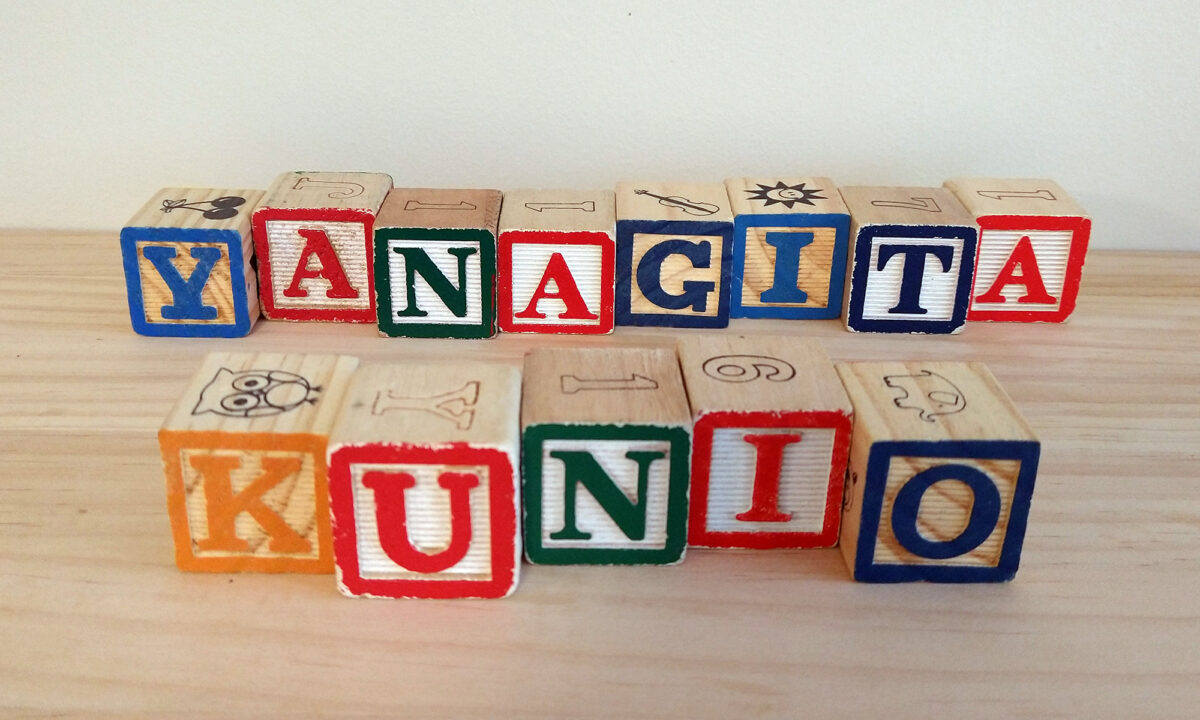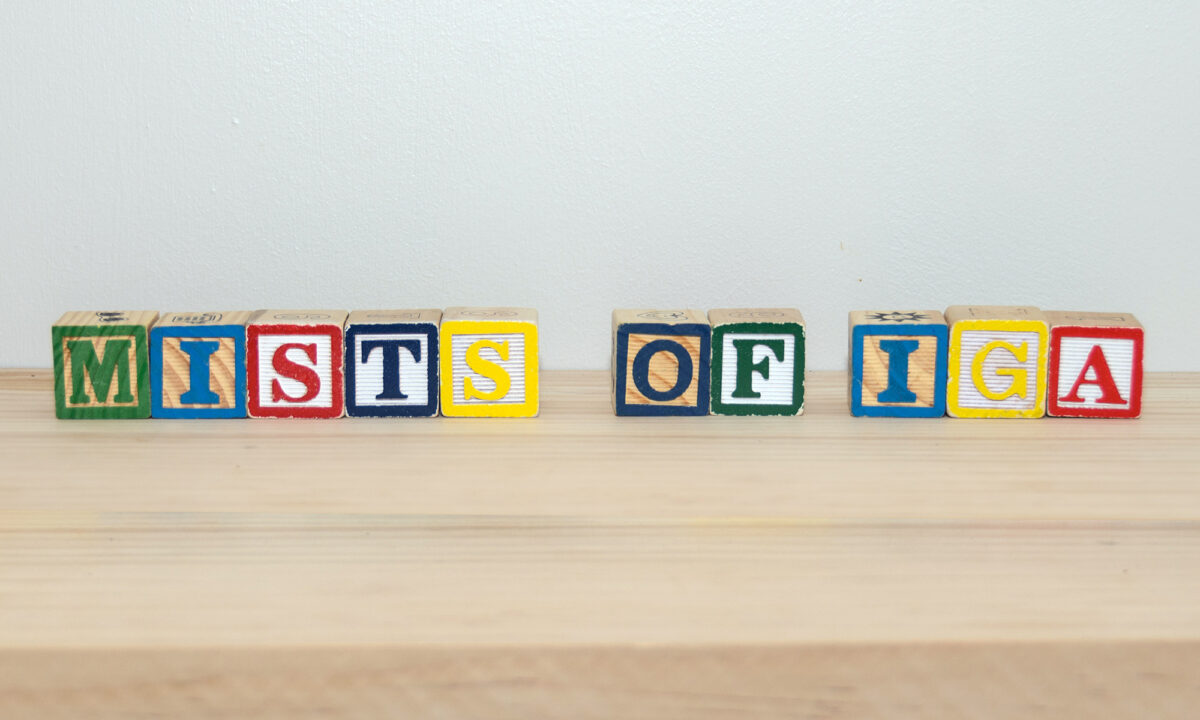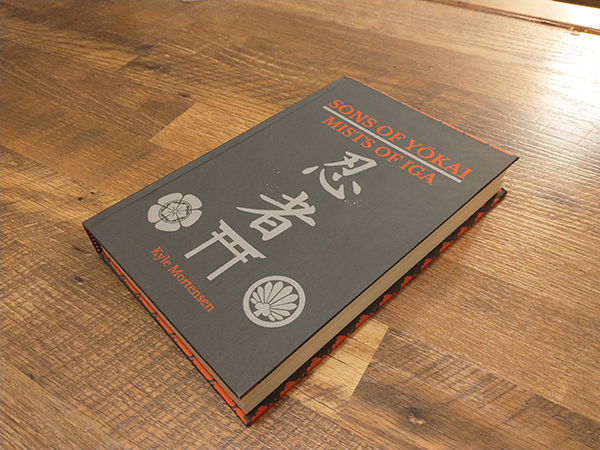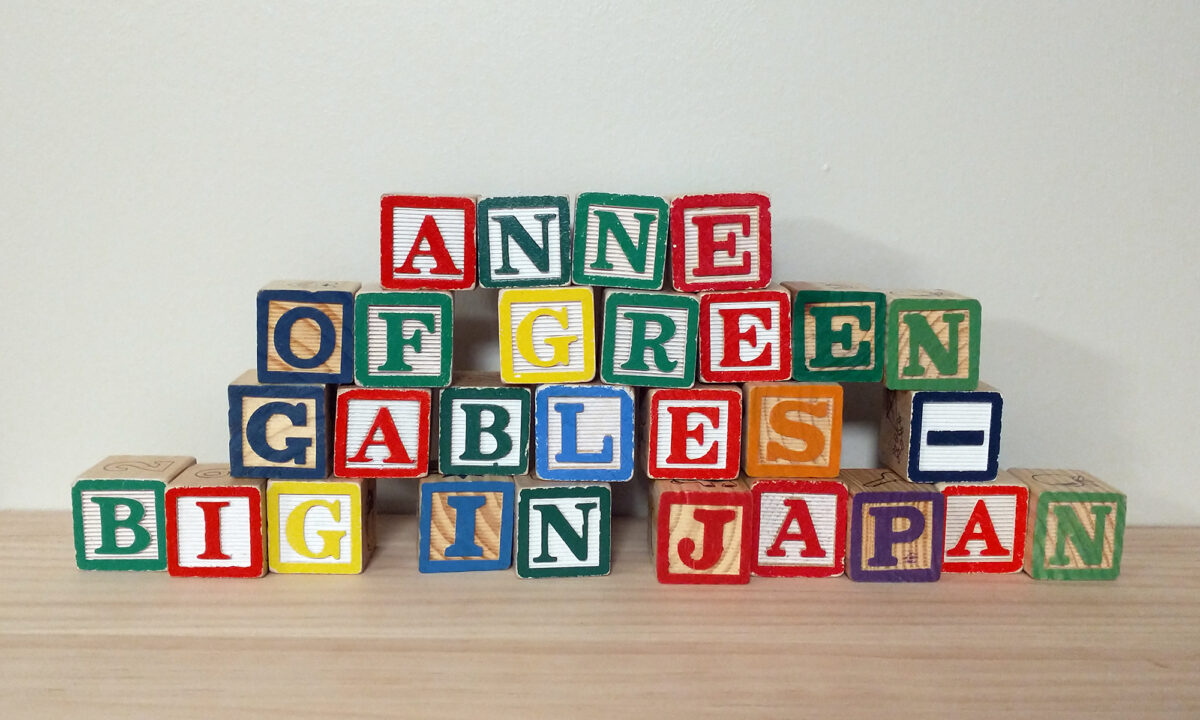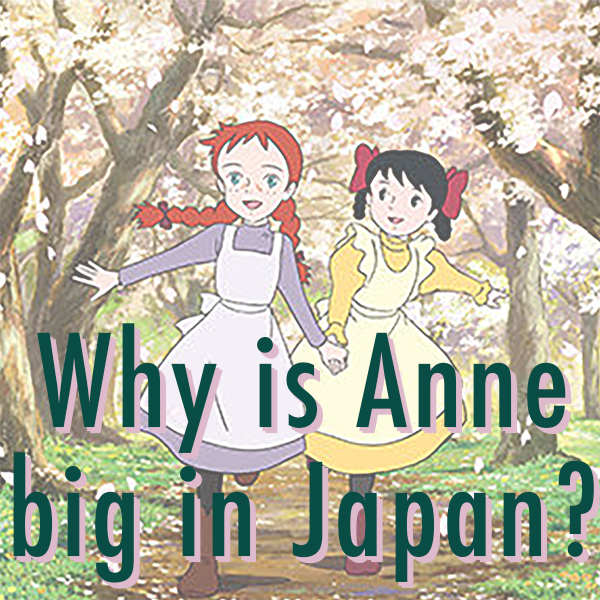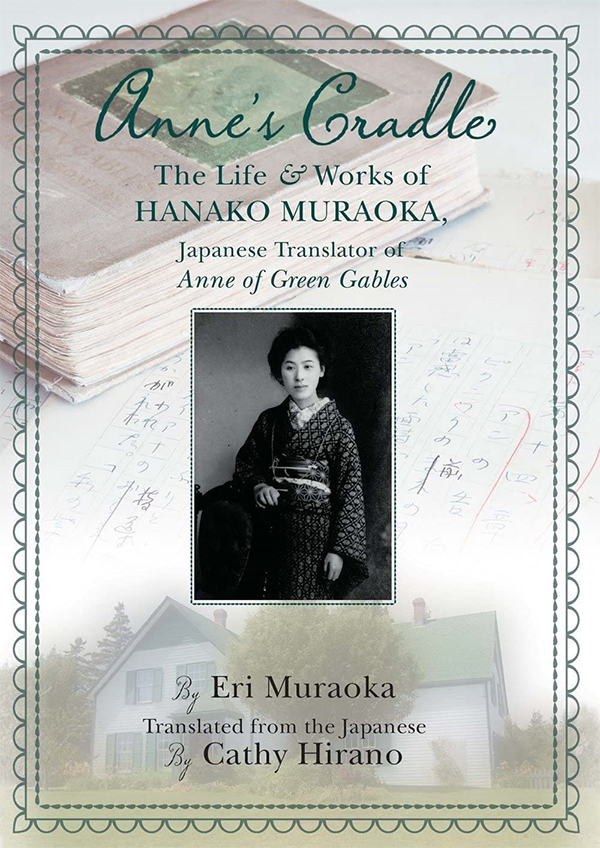Yanagita Kunio is known as “The Father of Japanese Folklore.” If not for him, many ancient Japanese legends would have been lost to the tides of modernization. He established folklore as a legitimate field of academic study as he traveled his nation, carefully listening to the thoughts, concerns, and stories or ordinary people. Yanagita is little known in the Western world, but his contributions are just as important as – and remarkably similar to – those of the Brothers Grimm.
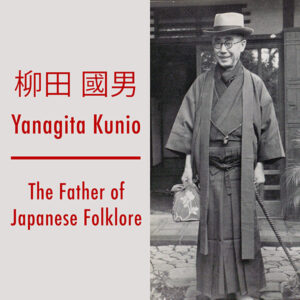
Without the work of early folklorists, many commonly known children’s stories – and the works they’ve inspired – wouldn’t exist today. Fields such as literature, film, art, and even comic books would be much poorer without the hard work done by Yanagita to preserve Japan’s shared cultural memory.
Activity: Discover Early Folklorists
Have students research the lives and work of the people who helped to establish the field of folklore in the 19th Century. Students can, in groups or as individuals, write and present reports that summarize the biography and work of an early folklorist. Encourage students to choose subjects from around the world so that biographies and folklore work can be compared and contrasted.

